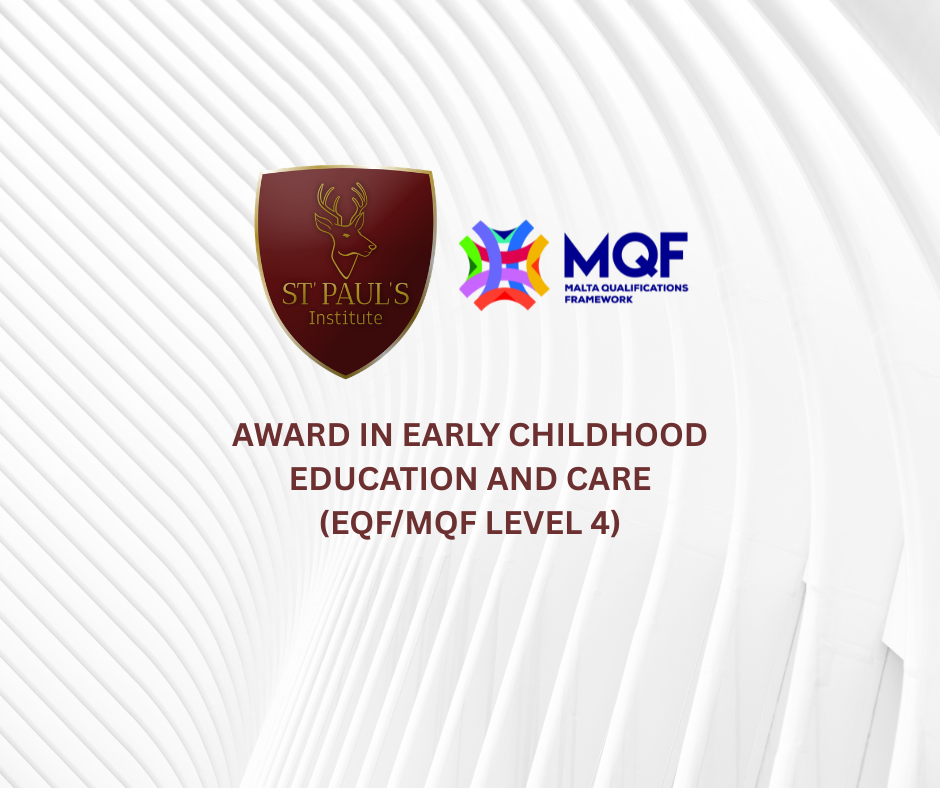-
Supporting healthy lifestyle, Longitudinal study and professional development
-
Professional Development
-
Best early childhood education practices
-
Observation,Assessing and planning
-
Observation Method
-
Discussed Longitudinal Study
-
Assignment question module 7
-
Assignment structure
-
Assignment Questions
-
Learning Material: Supporting Healthy Lifestyles, Longitudinal Study, and Professional Development
-
Module 7 Question Answer Unit A,B,C,D,E

St.Paul’s Institute is best in Maltese Iceland.